The Evolution of Space Exploration
Space exploration has come a long way since the first satellite, Sputnik, was launched into space by the Soviet Union in 1957. Since then, countries around the world have sent a multitude of spacecraft and probes to explore our solar system and beyond. These missions have yielded a wealth of scientific knowledge that has helped us understand the universe and our place in it.
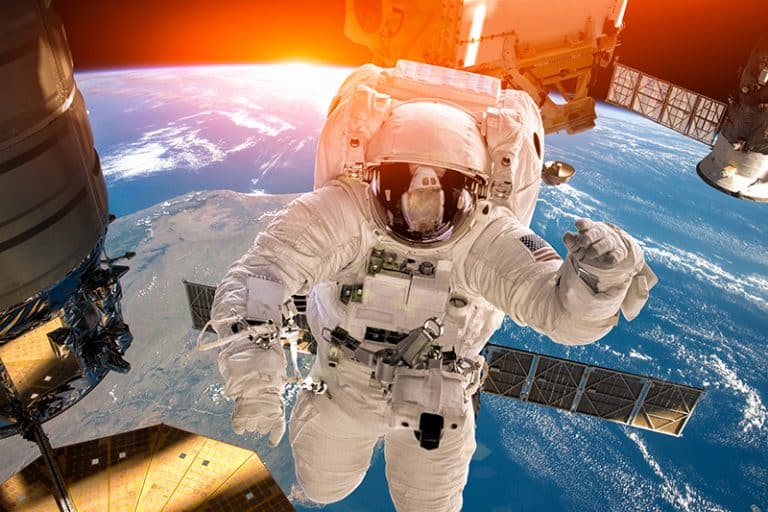 Source: bing.com
Source: bing.comThe Importance of Technology in Space Exploration
Technology has played a vital role in space exploration and research. It has allowed us to design and build spacecraft that can withstand the harsh conditions of space and gather data that would have been impossible to obtain otherwise. The development of new technologies has also enabled us to explore further and deeper into space, expanding our knowledge of the universe.
 Source: bing.com
Source: bing.comThe Future of Space Exploration
The future of space exploration and research is exciting. New technologies are being developed that will allow us to explore deeper into space and gather more data about our universe. Some of these technologies include advanced propulsion systems, space telescopes, and robots that can explore other planets and moons. In the future, it may even be possible for humans to travel to other planets and establish permanent settlements.
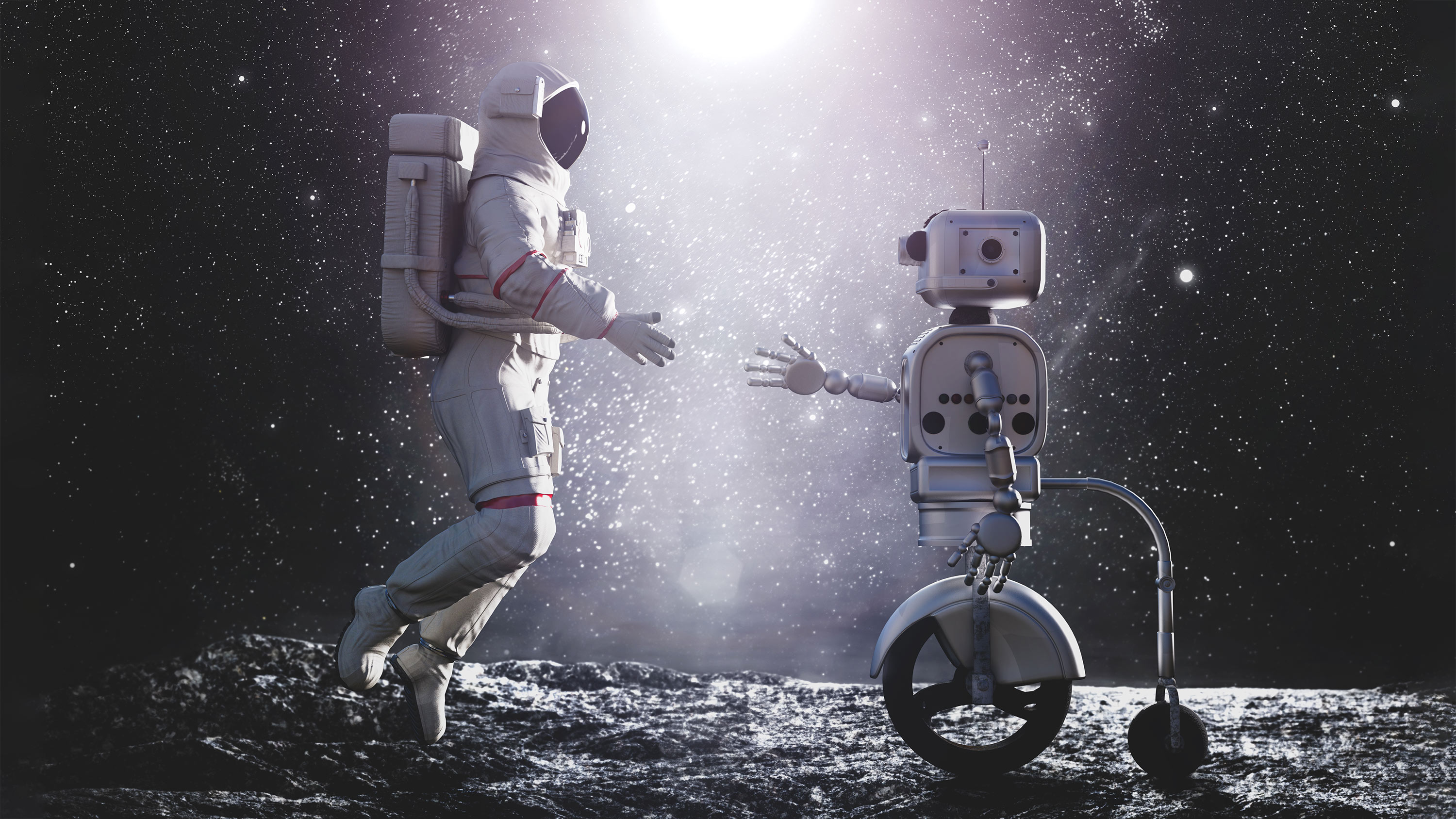 Source: bing.com
Source: bing.comAdvanced Propulsion Systems
One of the most promising areas of technology in space exploration is advanced propulsion systems. Current spacecraft rely on chemical propulsion systems, which are limited in their speed and range. Advanced propulsion systems, such as ion engines and nuclear propulsion, could allow spacecraft to travel much faster and farther than ever before.
 Source: bing.com
Source: bing.comSpace Telescopes
Another important technology in space exploration is space telescopes. These telescopes can observe the universe in wavelengths of light that are not visible from Earth, allowing us to study phenomena such as black holes, dark matter, and the early universe. The Hubble Space Telescope, launched in 1990, has revolutionized our understanding of the universe and has made countless discoveries.
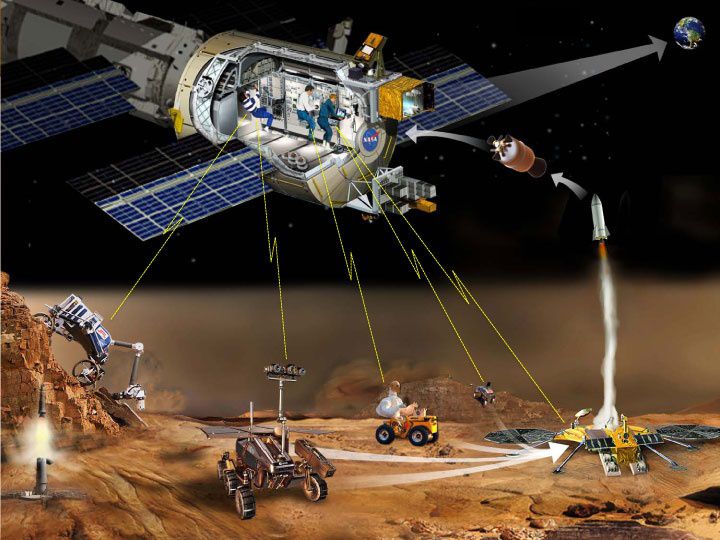 Source: bing.com
Source: bing.comRobotic Exploration
Robotic exploration is also an important area of technology in space exploration. Robots can explore other planets and moons without the need for humans to be physically present. These robots can gather data and samples that can be analyzed on Earth, providing us with valuable information about our solar system. The Mars rovers, Spirit and Opportunity, have been exploring the surface of Mars since 2004.
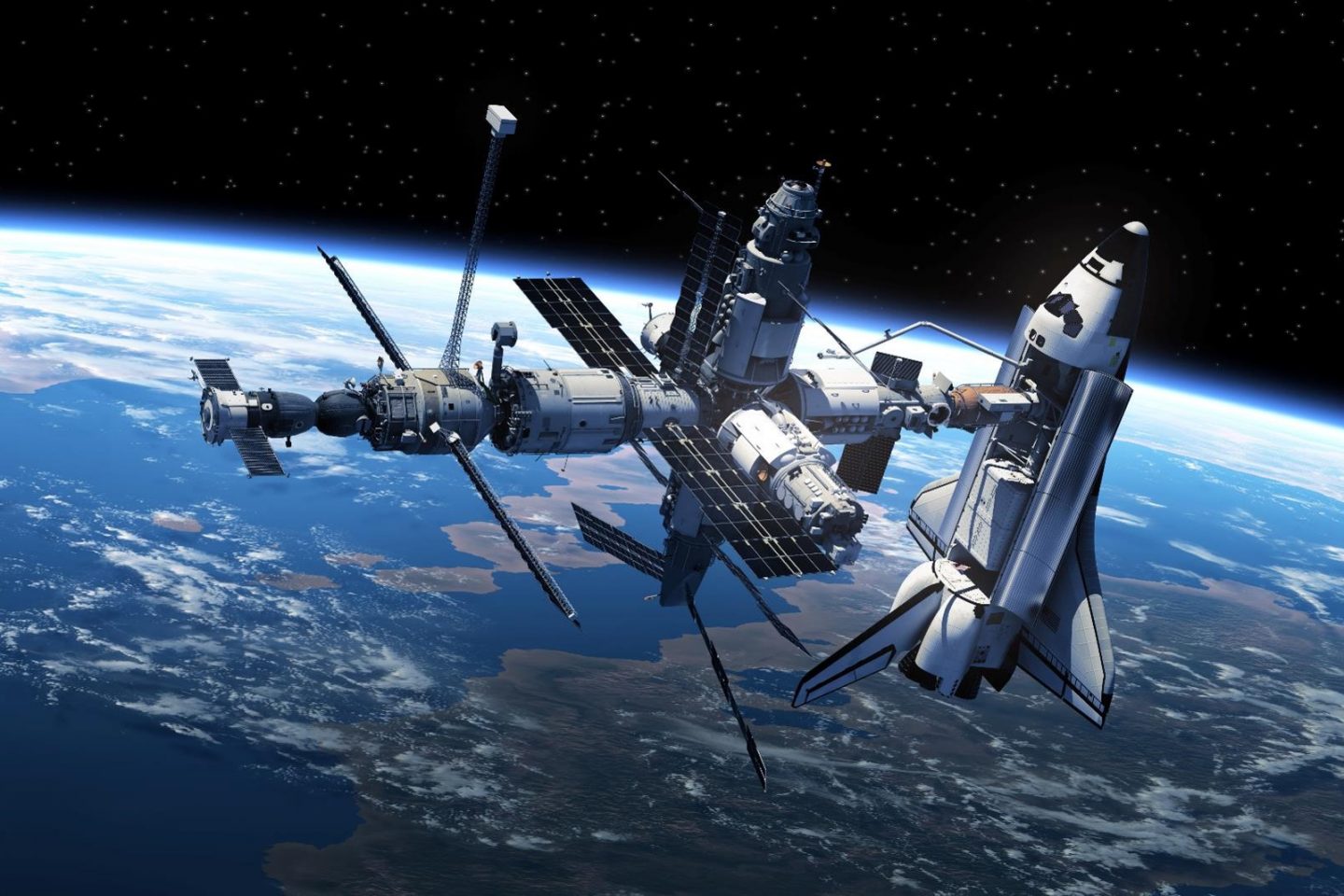 Source: bing.com
Source: bing.comHuman Exploration
While robotic exploration has its advantages, there is still a lot that humans can do that robots cannot. Human exploration of other planets and moons is a goal that many scientists and engineers are working towards. Establishing permanent settlements on other planets, such as Mars, would allow us to conduct long-term research and study the effects of living in space on the human body.
 Source: bing.com
Source: bing.comThe Challenges of Space Exploration
While the future of space exploration is exciting, there are still many challenges that need to be overcome. One of the biggest challenges is the cost of space exploration. Sending spacecraft and probes into space is expensive, and funding for space programs is often limited. Another challenge is the harsh conditions of space, which can damage spacecraft and make it difficult to gather data.
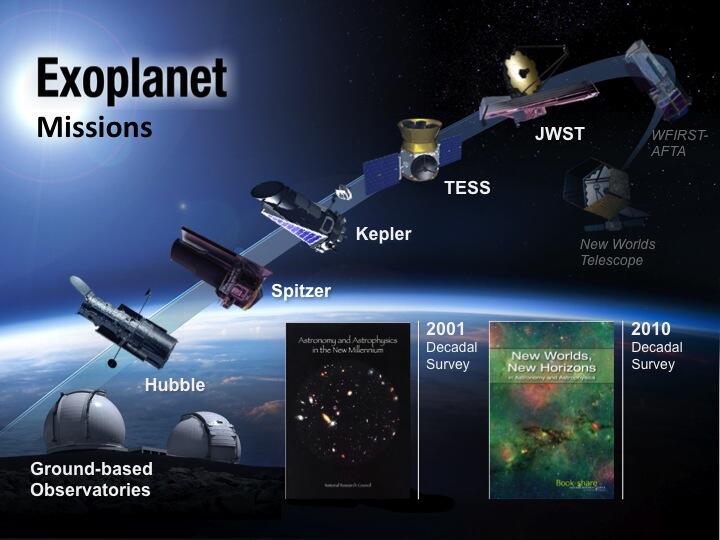 Source: bing.com
Source: bing.comThe Future of Space Exploration and Research
The future of space exploration and research is full of possibilities. New technologies are being developed that will allow us to explore deeper into space and gather more data about our universe. While there are still challenges to overcome, the benefits of space exploration and research are enormous. It is through space exploration that we can learn more about our universe and our place in it.
Meta Description
Learn about the role of technology in the future of space exploration and research. Discover the latest advancements in propulsion systems, space telescopes, and robotic exploration, as well as the challenges that need to be overcome.
Meta Keywords
space exploration, technology, propulsion systems, space telescopes, robotic exploration, human exploration, challenges